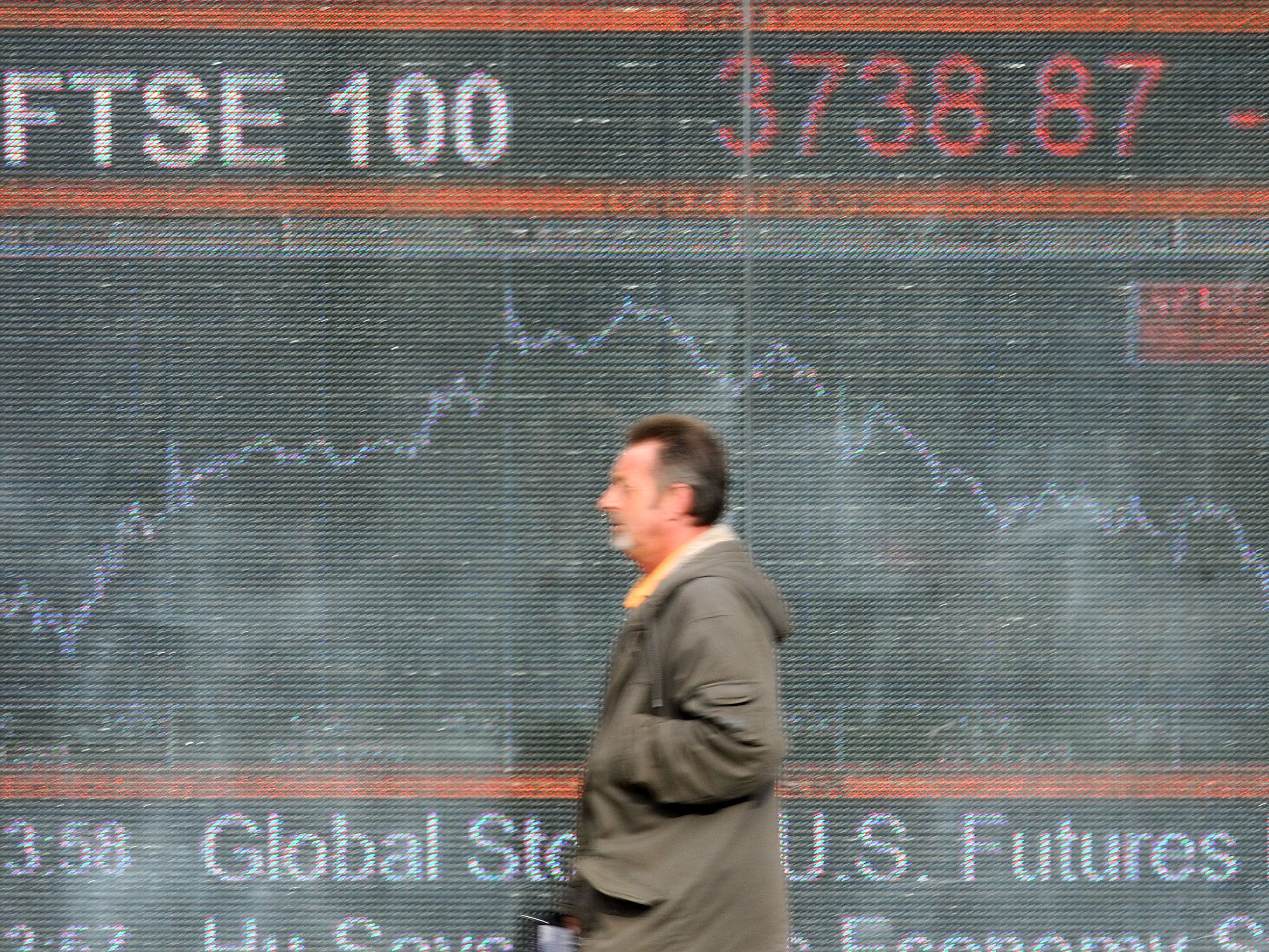FTSE 100 breaks 7000 explained - what does the new record mean?
Everything you were too scared to ask about the new FTSE 100 record

The FTSE 100 hit a new record today, breaking the 7000 mark that many had come to see as a psychological barrier for lack of growth since the turn of the millennium.
Not sure why? Here’s what it all means.
What is the FTSE 100?
The FTSE 100 is an index of the 100 UK stocks with the highest market capitalisation – or value of all the stocks added together – also known as blue chip stocks. At the moment that includes companies like Lloyds bank, Marks and Spencer, Royal Mail and Vodafone, but the constituents change like the football teams in the Premier League. Its name comes from joining together the initials of the Financial Times and London Stock Exchange, which used to own 50 per cent of the index each.
What does the 7000 figure mean?
When the index started in 1984 is was given a value of 1000. That number goes up and down based on index constituents’ market capitalisation – or the value of all the shares added together. The more valuable the company, the more influence over the direction of the index the company will have. At the moment, Shell is highest valued company in the index with a market cap of £133 billion, followed by HSBC at £111 billion.
HSBC was hit with a £1.2bn penalty by the US authorities after it emerged that its Mexican operation had been used by drug gangs to launder dirty cash
Alright, but what does that 7000 really mean? Did someone just get richer?
Not exactly. The FTSE 100 is useful as an economic indicator. A peak like the 7000 mark shows that corporate profits are good and optimism is growing, though the effects of that might take a long time to trickle down into the wider economy. You may feel the effects through your pension, as funds are often tied to stock indexes. The index is not directly linked to the British economy, however. Many of the companies in the FTSE 100 are multinational. Even if the UK GDP grows by 2.6 per cent, like it did in 2014, the FTSE 100 can contract – as it did, by 2.7 per cent.
Why did the FTSE 100 break 7000?
There could be a few reasons why the top stocks increased in value today:
- The Budget: stocks climbed 107 points after the Budget on Wednesday, signalling confidence in George Osborne’s plans to cut taxes for oil-linked companies and in cuts to duty on beer and wine.
- US Fed: the US Federal Reserve chair, Janet Yellen, took pains to emphasise that the US would not be raising interest rates there any time soon – which would put pressure on the pound.
- Greek hopes: a softening of tone towards Greece by German chancellor Angela Merkel, plus optimism about a further bail-out package, raised hopes that crisis could be averted
- Oil: stocks rose on Friday morning after the news that Tullow Oil, which is at risk of being demoted from the index, had secured funding, prompting a jump in stocks of 5.8 per cent.
Why do people care about the new record?
Talk of 7000 as a ‘psychological barrier’ comes from the fact that it has taken 17 years for the FTSE 100 to climb above that level. The FTSE actually fell quite heavily during the financial crisis, bottoming out below 3500 in March 2009 before rising above 6000 in February 2011. It reached a new record high on March 5, at 6961 and then crept above it on March 20.
What happens next?
Sit back and watch. With low inflation, low interest rates and low oil prices, the steady ascent of the index is likely to continue.
Subscribe to Independent Premium to bookmark this article
Want to bookmark your favourite articles and stories to read or reference later? Start your Independent Premium subscription today.

Join our commenting forum
Join thought-provoking conversations, follow other Independent readers and see their replies